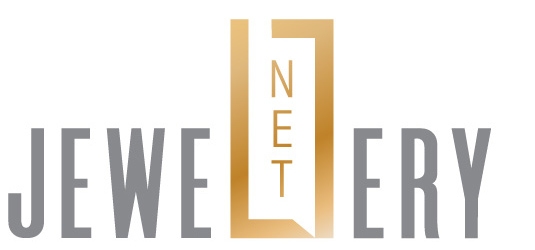US retail sales are poised to grow between 2.7 per cent and 3.7 per cent to between US$5.42 trillion and US$5.48 trillion in 2025 amid uncertainties, the National Retail Federation (NRF) said.
NRF President and CEO Matthew Shay remarked, “Overall, the economy has shown continued momentum so far in 2025 — bolstered by low unemployment and real wage gains — however, significant policy uncertainty is weighing on consumer and business confidence.”
Retail sales rose 3.6 per cent to US$5.29 trillion in 2024.
Non-store and online sales, which are included in the total figure, could soar between 7 per cent and 9 per cent year over year to between US$1.57 trillion and US$1.6 trillion. By comparison, non-store and online sales grew 8.1 per cent to US$1.47 trillion last year.
NRF expects GDP growth to decline just below 2 per cent in 2025, down from 2.8 per cent in 2024 and below the trend of the past few years.
NRF Chief Economist Jack Kleinhenz said consumer fundamentals remain intact, supported by low unemployment, slower but steady income growth, and solid household finances.
Despite declining consumer confidence largely due to lingering inflation and anxiety over tariffs, there will not be an immediate drop in consumer spending, he added.
“It is the hard data on employment, income and tariff-induced inflation — not consumer sentiment — that supports our view of a slower trajectory for consumer spending,” he said.
With the implementation of tariffs, NRF said inflation in 2025 could remain at the current level of about 2.5 per cent.
Meanwhile, NRF Executive Vice President of Government Relations David French said more tariffs equal more anxiety and uncertainty for American businesses and consumers, following President Donald Trump’s April 2 announcement of a new wave of tariffs.
“Tariffs are a tax paid by the US importer that will be passed along to the end consumer,” noted French. “Tariffs will not be paid by foreign countries or suppliers. Even more so, the immediate implementation of these tariffs is a massive undertaking and requires both advance notice and substantial preparation by the millions of US businesses that will be directly impacted.”






